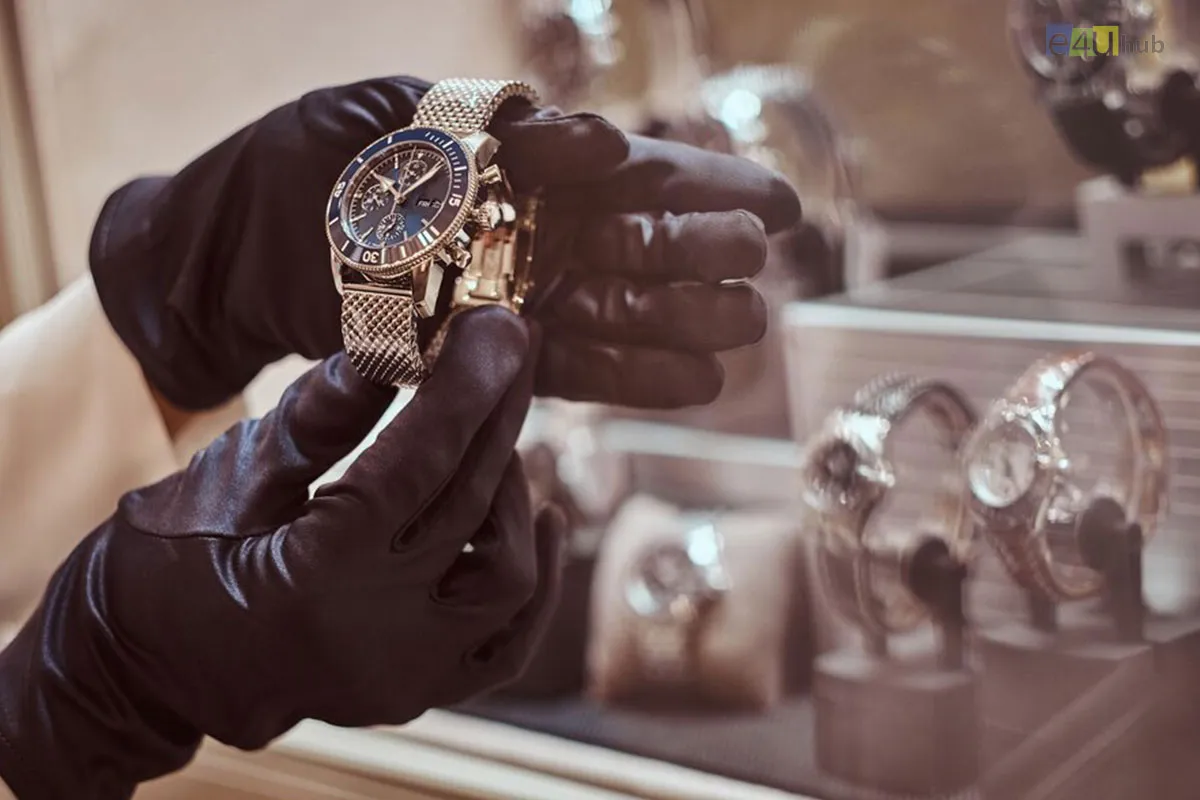
Elegant Timepieces: A Guide To Selecting Classic And Luxury Watches
- 05 Jan, 2024
- Fashion
- 626 Views
- 0 Comments
Wristwatches, beyond their practical utility, have evolved into symbols of style, craftsmanship, and status. Selecting a classic or luxury timepiece is an art that requires an understanding of horology, personal taste, and the essence of enduring elegance. In this blog post, we will embark on a journey to guide you through the intricate process of choosing a watch that transcends time with timeless elegance.
1. Understanding Your Style:
Before delving into the world of watches, take a moment to reflect on your personal style. Classic watches exude timeless simplicity, while luxury timepieces may feature intricate details and precious materials. Consider your wardrobe, lifestyle, and preferences to align your watch choice with your unique style.
2. Know Your Watch Types:
Watches come in various styles, each serving a different purpose. Dive watches are built for underwater adventures, dress watches exude sophistication, and sports watches cater to active lifestyles. Understanding the types of watches available will help you make a selection that suits both your needs and preferences.
3. Mechanical or Quartz Movement:
Decide between mechanical and quartz movements based on your appreciation for traditional craftsmanship or a preference for precision. Mechanical watches, powered by intricate gears, offer a timeless charm, while quartz watches are known for their accuracy and low maintenance.
4. Materials Matter:
Luxury watches often feature exquisite materials. Consider whether you prefer the warmth of traditional materials like stainless steel and leather or the opulence of gold and precious gems. The choice of materials contributes to the overall aesthetics and durability of the timepiece.
5. Brand Heritage and Reputation:
Research the heritage and reputation of watch brands. Established brands with a rich history often represent a commitment to craftsmanship and quality. Look for brands known for their attention to detail, innovation, and longevity.
6. Complications and Features:
Complications refer to additional features beyond the basic timekeeping function. Classic watches may feature date displays or moon phases, while luxury watches can boast intricate complications like tourbillons, perpetual calendars, or minute repeaters. Choose complications that align with your preferences and lifestyle.
7. Case Size and Fit:
Consider the size of the watch case on your wrist. Classic watches often have smaller, understated cases, while luxury watches may feature larger, bolder designs. Ensure the watch fits comfortably on your wrist, striking a balance between aesthetics and wearability.
8. Resale Value:
Luxury watches are often seen as investments. Research the resale value of the watch brands you're considering. Some brands hold their value exceptionally well, making them not only a symbol of luxury but also a potential asset.
9. Maintenance and Service:
Understand the maintenance requirements and availability of service for your chosen timepiece. Luxury watches may require periodic servicing, and it's essential to have access to skilled watchmakers who can uphold the integrity of your investment.
10. Personal Connection:
Finally, let there be a personal connection between you and the watch. A watch is more than a timekeeping device; it's a reflection of your personality, taste, and the moments you cherish. Choose a watch that resonates with you on a deeper level.
Conclusion:
Selecting a classic or luxury watch is a journey that combines aesthetics, functionality, and personal resonance. As you embark on this quest, consider it an exploration of craftsmanship, heritage, and enduring elegance. Whether you choose a classic timepiece that whispers timeless simplicity or a luxury watch that shouts opulence, the perfect watch is the one that aligns seamlessly with your style, preferences, and the moments you wish to mark in time.















Leave a Reply